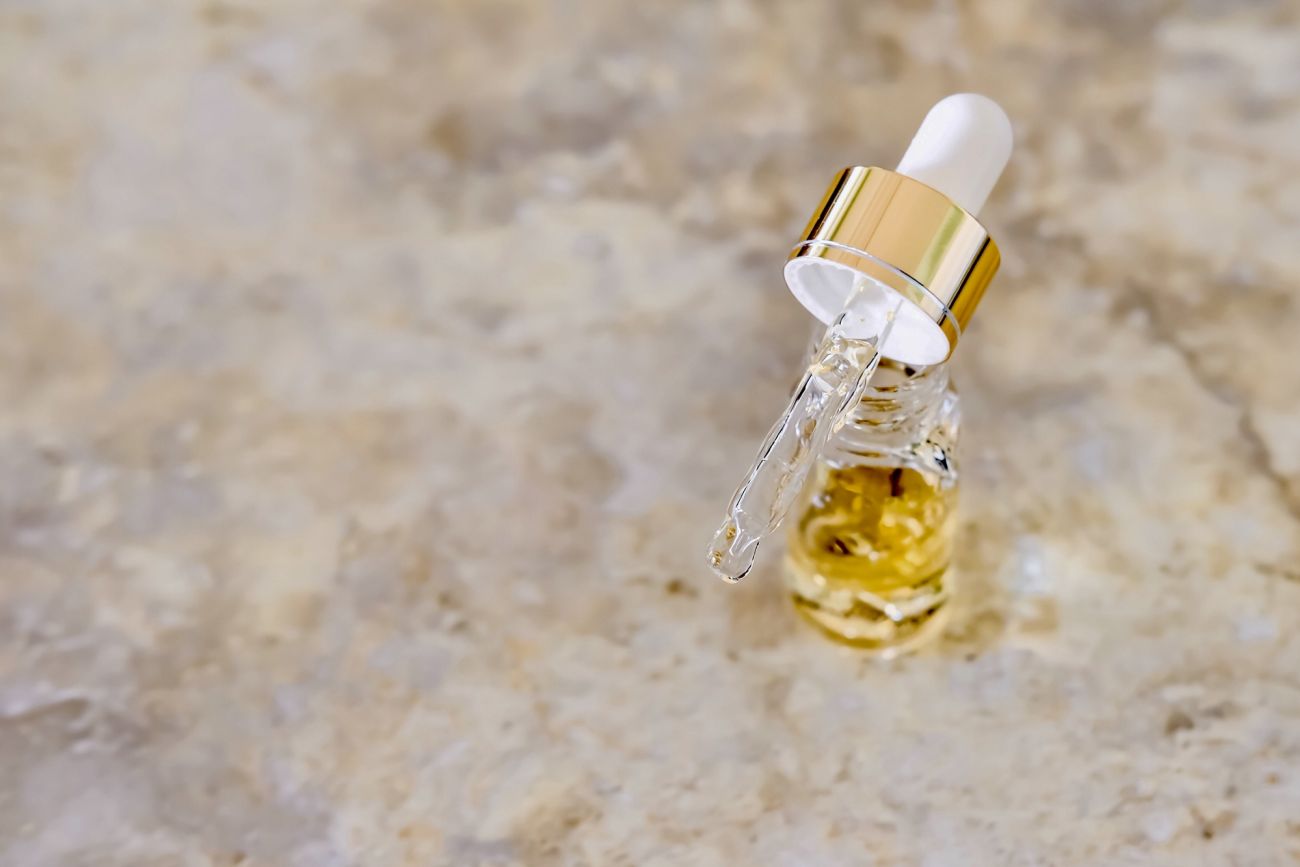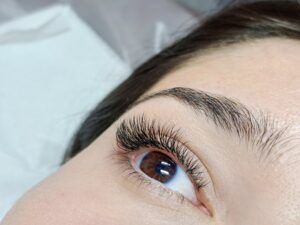Facial oils are a popular new beauty product, but can they really replace your moisturizer? Many people swear facial oils as better than moisturizers. A wide variety of them is available in the market, which claims to hydrate and nourish the skin. However, face oil is usually more occlusive than a moisturizer, which creates a protective shield on the skin that locks in hydration. This can be beneficial for people with dehydrated skin.
However, face oil will not provide the same hydration level as a moisturizer. Moisturizers contain ingredients that help to attract and retain water in the skin, which can be more effective at preventing dehydration. In addition, moisturizers may contain components that help to protect the skin from environmental damage, such as sunscreen. So let’s learn what the two products can do for your skin. Can you replace a moisturizer with facial oil in any case?
What Makes Up Our Skin’s Natural Moisture
Our skin’s natural moisture comprises several components, including fatty acids, ceramide, and the top layer of skin cells. This moisture is essential for keeping our skin hydrated and healthy. Therefore, a good skincare product that provides the necessary hydration helps to keep it looking its best.
What is Face Oil?
Face oils are beneficial for all skin types as they can help to regulate sebum production, unclog pores, hydrate the skin, and nourish it with critical fatty acids. Oils can also help to lessen the visibility of fine lines and wrinkles. If you have dry skin, using a face oil can help to moisturize and protect your skin. If you have oily skin, using a face oil can help to control sebum production and prevent breakouts. If you have combination skin, using a face oil can help to balance your skin’s natural oils. You can directly apply a few droplets of facial oil on your skin after cleansing or mix it with your favorite moisturizer or serum to boost its hydrating and nourishing benefits. Face oils can be made from various natural ingredients, such as rosehip oil, jojoba oil, argan oil, and avocado oil. Choose an oil that is suitable for your skin type and needs.
Benefits of Face Oil
Applying face oil has several benefits for the skin. They can help hydrate and moisturize the skin, soften it, and reduce the appearance of fine lines. They can also create a protective barrier against environmental damage and help to balance the skin’s natural oils.
Jojoba oil is one of the best face oils to use because it is very similar to the oil our skin produces naturally. It is light and non-greasy and quickly absorbs into the skin. Jojoba oil can help to hydrate and moisturize the skin, as well as prevent water loss.
Lavender oil is another good option for face oil, as it has powerful anti-inflammatory properties that can help to calm the skin. It can also help to balance sebum production and heal scars.
Rosehip oil is a good choice for face oil because it is high in fatty acids and vitamins A, C, and E. It can help hydrate, moisturize, and protect the skin from environmental damage.
What Is a Moisturizer?
A moisturizer is a skincare product that helps hydrate and moisturizes the skin. Moisturizers are typically used as part of a daily skincare routine and can be tailored to suit different skin types. They can help to minimize the appearance of aging signs and can also help to prevent the skin from becoming dehydrated.
Benefits of Moisturizer
A good moisturizer can help to hydrate your skin, lock in moisture, and protect it from environmental damage. Moisturizers typically contain humectants, which attract water to the skin, and occlusives, which help to create a protective barrier. In addition, hyaluronic acid is a powerful hydrator that has stronger antiaging properties. Including it in your skincare routine can make your skin look more youthful and radiant.
Many other good moisturizing ingredients can assist in maintaining skin hydration levels. For example, Ceramides keep your skin hydrated by helping to maintain its natural barrier. Niacinamide is another good ingredient for moisturizing your skin. It can help reduce water loss and keep your skin plump and healthy.
How to Layer Moisturizer and Oil
To properly layer your moisturizer and oil, start with your lightest product first. In general, that means your moisturizer. Skincare products are usually water-based, while facial oils contain active ingredients that are oil-based. Because oils repel water, it’s essential to hydrate your skin first with a light layer of moisture. This will help your skin better absorb the oil.
Facial oils contain active ingredients that can penetrate the different layers of the skin. Oils also help to seal in moisture and can provide additional benefits like brightening or anti-aging properties. When applying facial oil, start with just a few drops and massage it into your skin using circular motions.
*Information in this article is not medical advice and may not be factually accurate. It is intended for entertainment purposes only. Consult with a physician before attempting any tips in this blog post and to get the most up to date factual data about any procedure or treatment.














